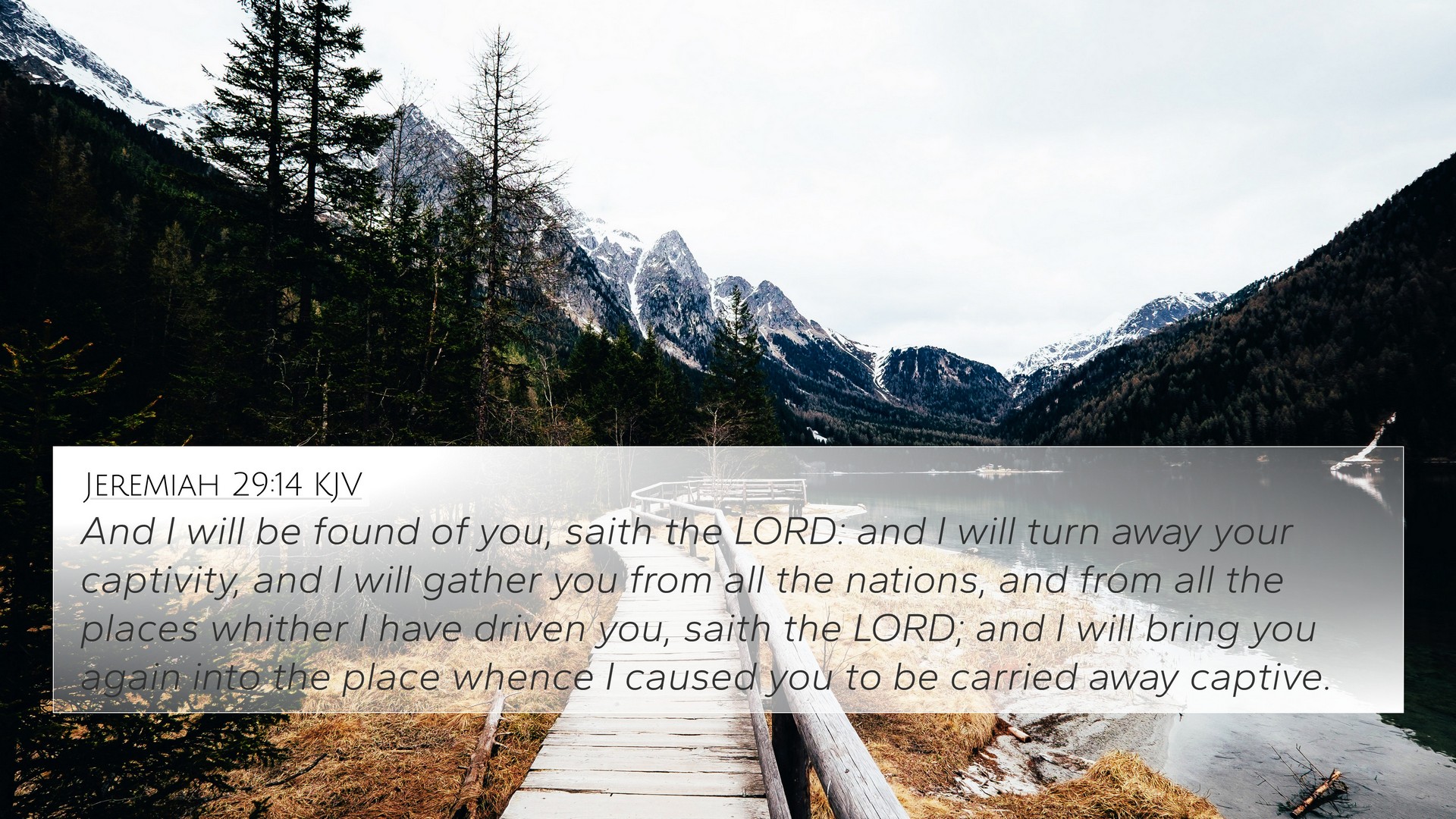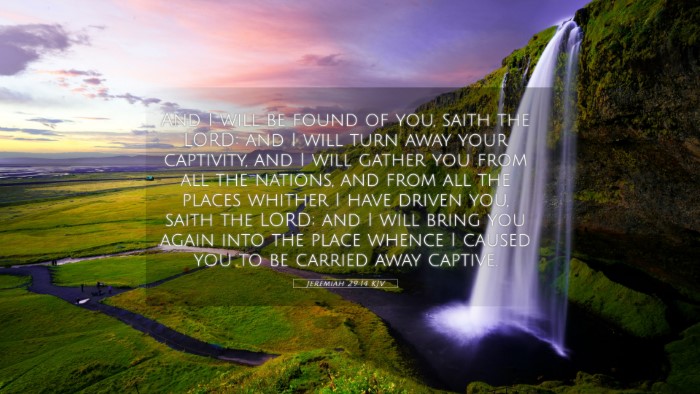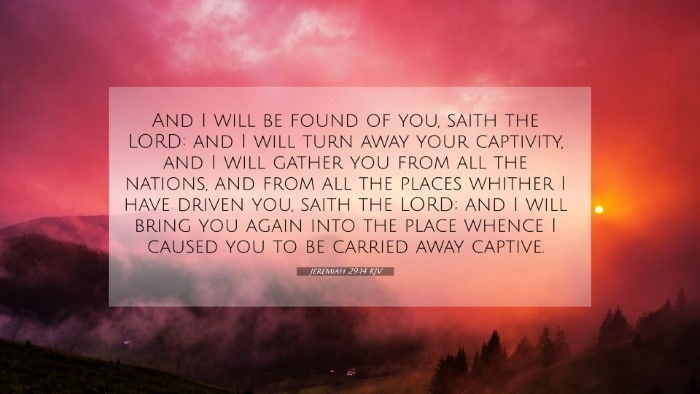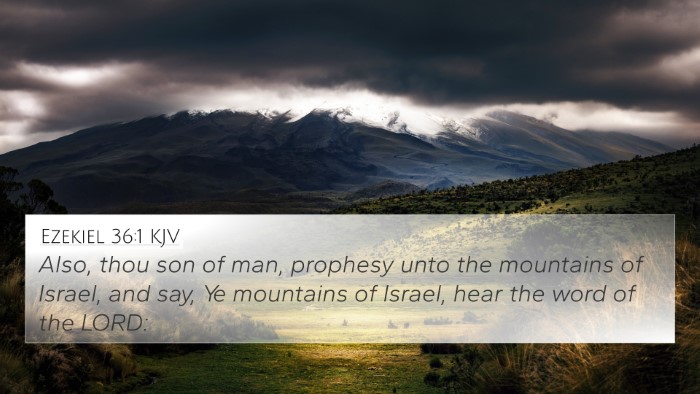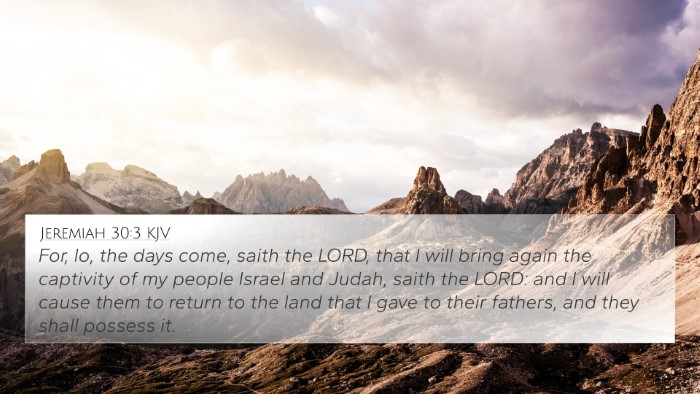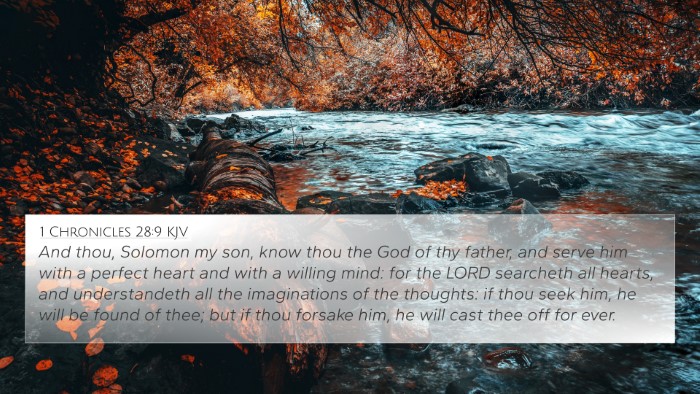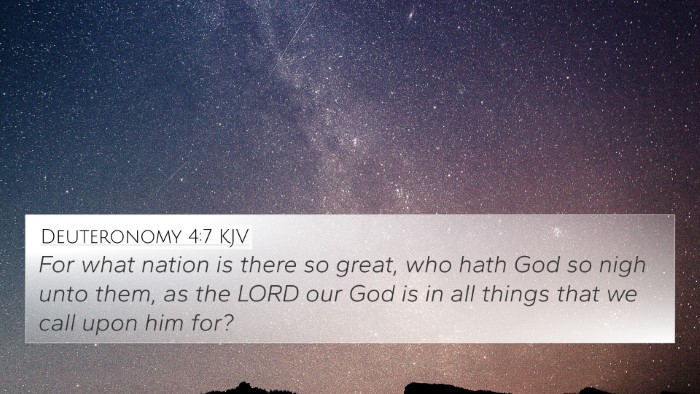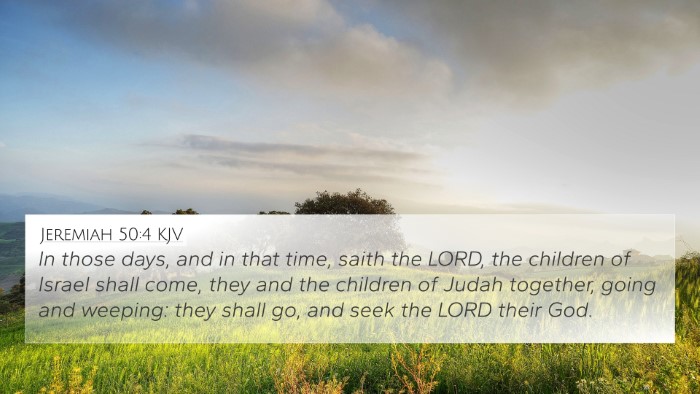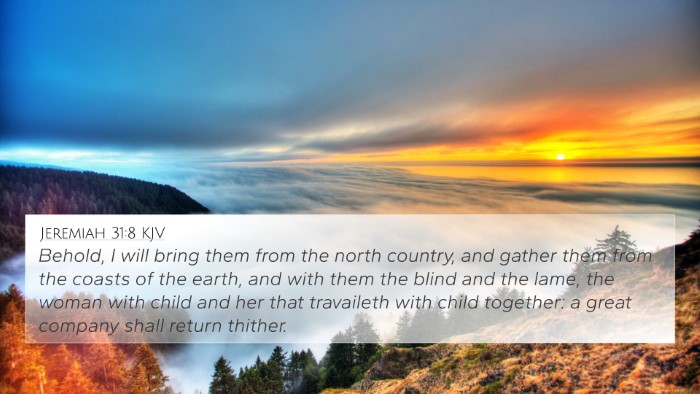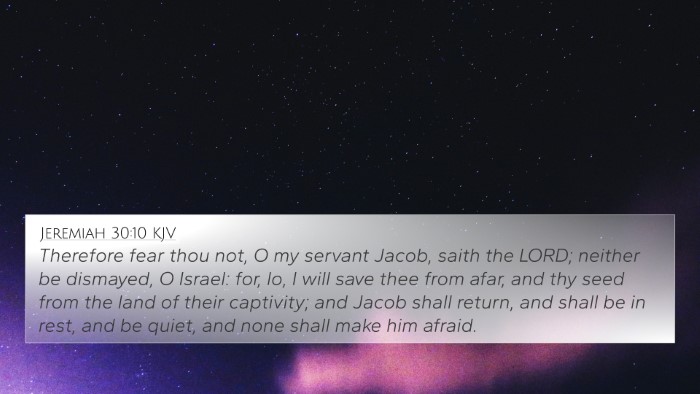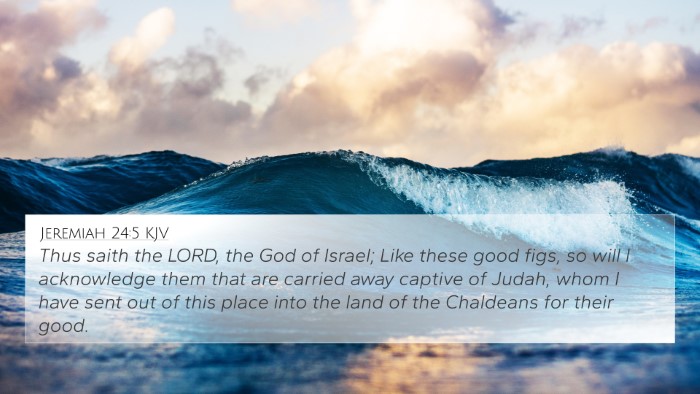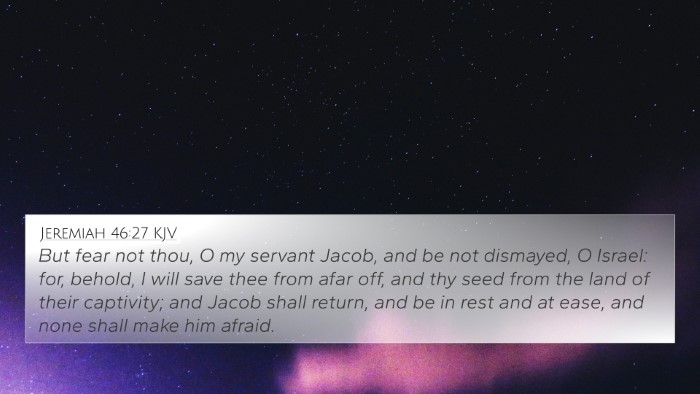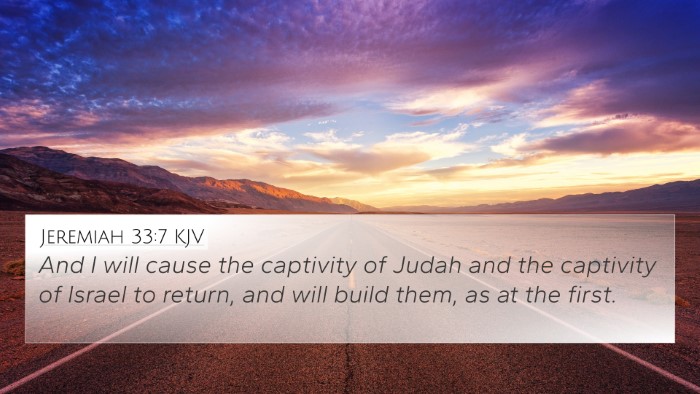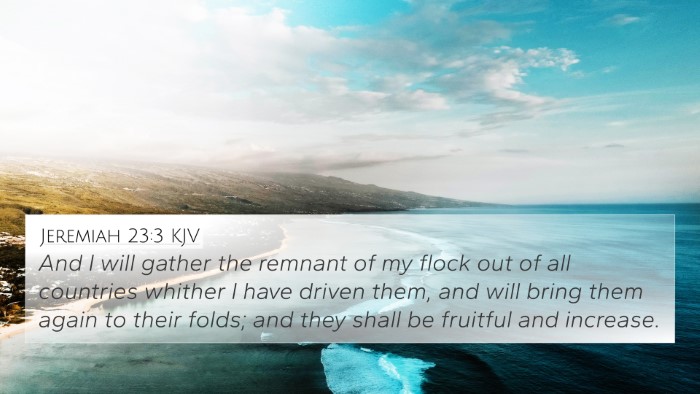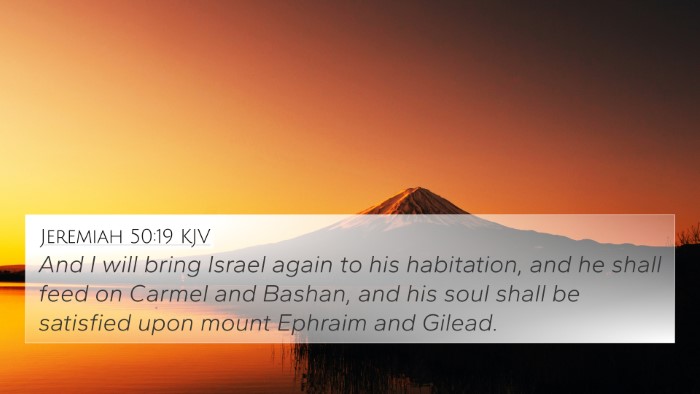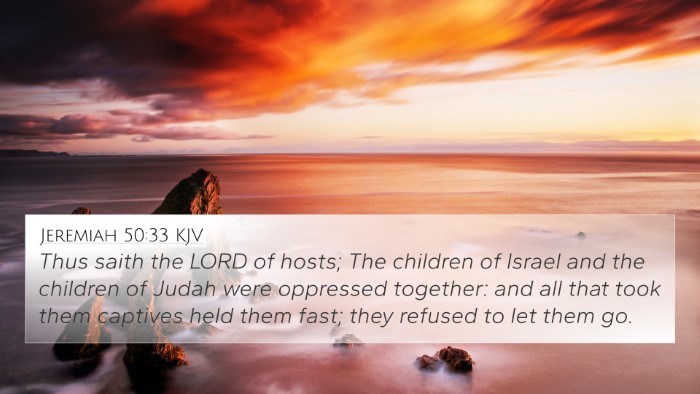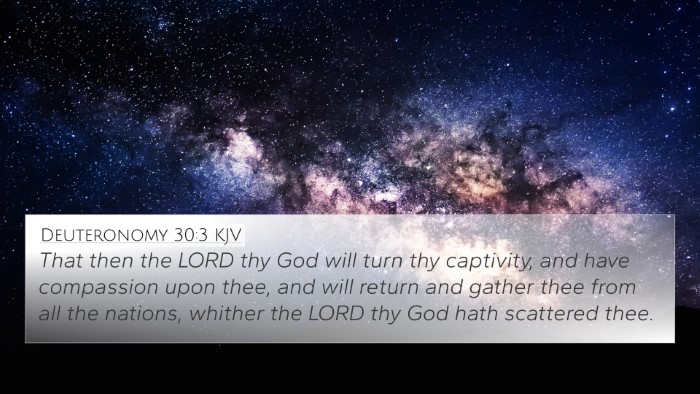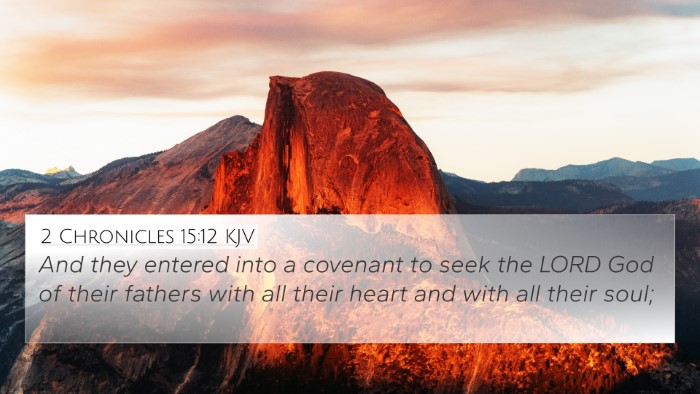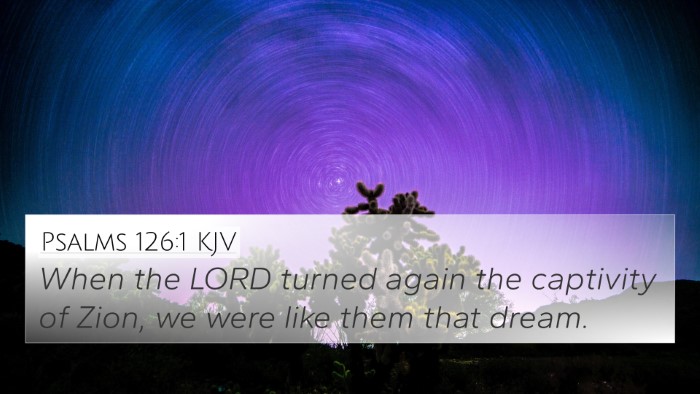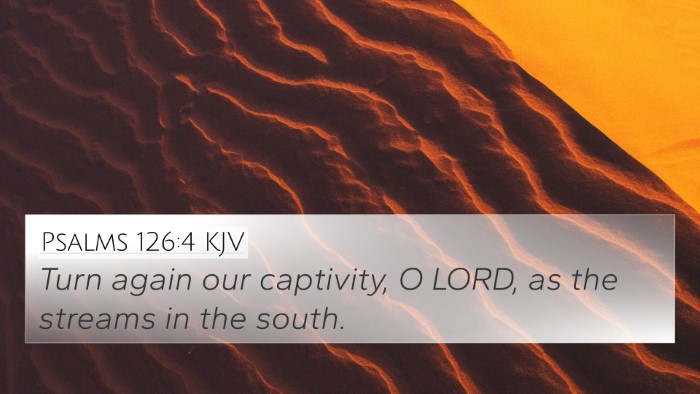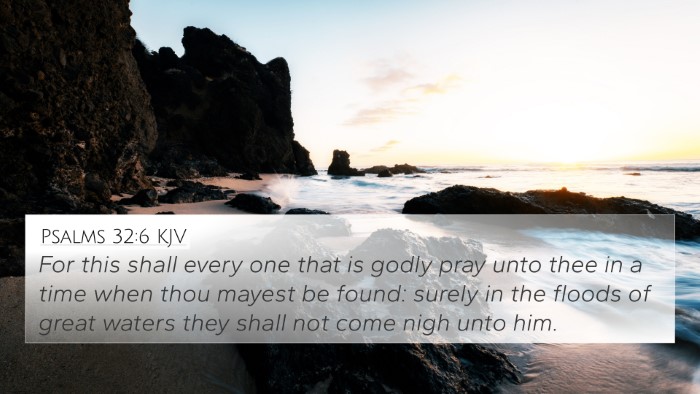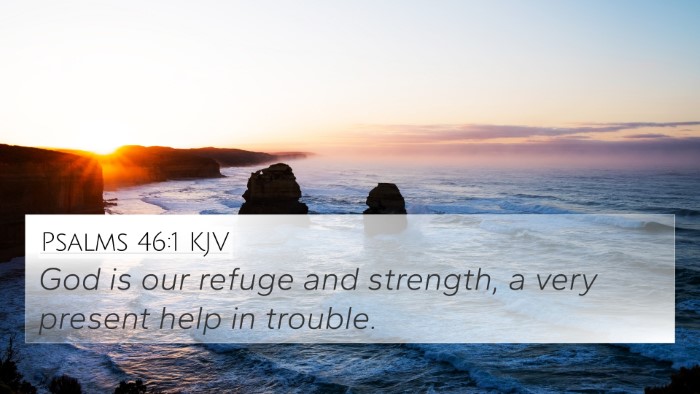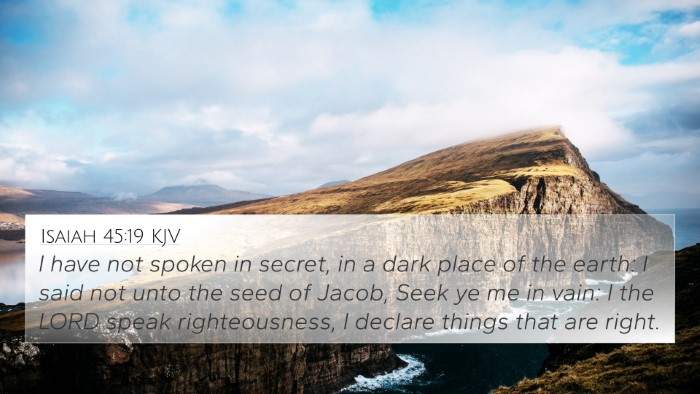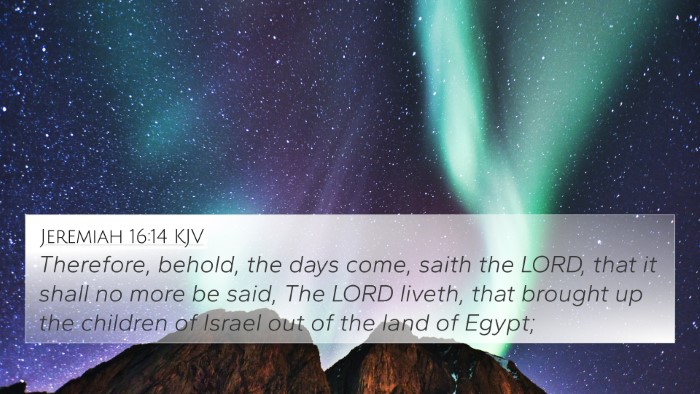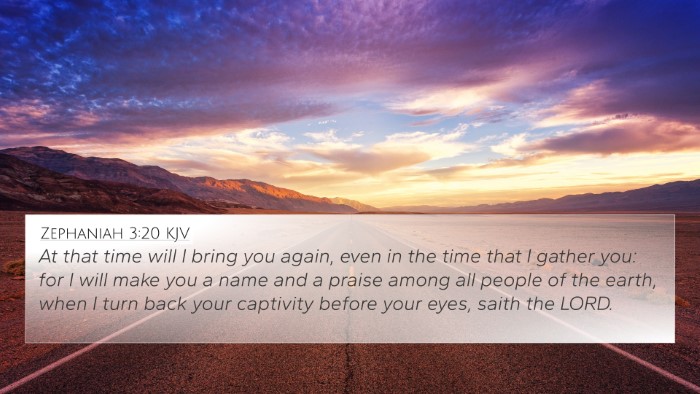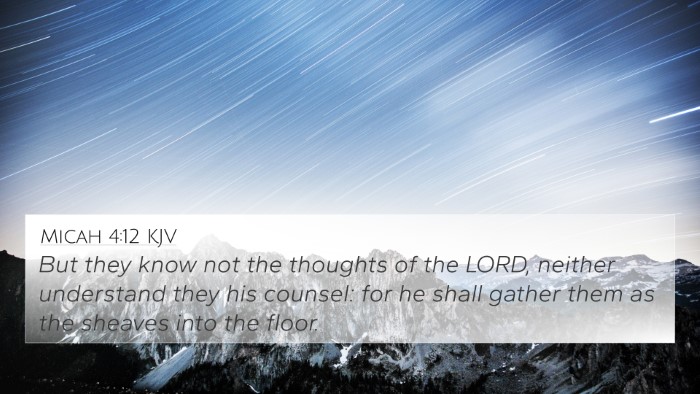Understanding Jeremiah 29:14
Verse: "And I will be found of you, saith the Lord: and I will turn away your captivity, and I will gather you from all the nations, and from all the places whither I have driven you, saith the Lord; and I will bring you again unto the place whence I caused you to be carried away captive." (Jeremiah 29:14)
Summary of Meaning
This verse conveys a powerful promise from God to the Israelites in exile. The essence of the message centers on restoration, reconciliation, and divine assurance of God's presence. Below are combined insights drawn from renowned public domain commentaries, illustrating key themes and interpretations associated with this verse.
Divine Assurance and God's Presence
Matthew Henry highlights that God's promise to be "found" signifies His readiness to engage with His people. This assurance that they will experience His presence once again emphasizes that despite their circumstances, God remains near and is attentive to their cries.
Restoration from Exile
Albert Barnes points out that the phrase "turn away your captivity" indicates God's promise of restoration. The exiled Israelites, facing despair, are reminded that their situation is temporary. God will not only release them from captivity but will also gather them back to their homeland, highlighting His overarching control over history.
Gathering from Nations
Adam Clarke elaborates on the inclusive nature of God's promise to gather His people from all nations. This aspect underscores God's sovereignty over all places and peoples. It suggests that God's redemption is universal, reaching beyond Israel to those who seek Him from far and wide.
Hope and Future Plans
In the broader context of Jeremiah 29, this promise is a beacon of hope. The Israelites are encouraged to build lives in exile, engaging in the community while awaiting God's faithful promises. This hope is further solidified when considering connections across the Scriptures.
Cross-References to Jeremiah 29:14
- Isaiah 41:10: God's promise to support and strengthen His people in times of distress.
- Jeremiah 30:3: A similar promise of restoration and return to a land of prosperity.
- Ezekiel 36:24: The gathering of God's people once scattered, linking to God's plan for Israel.
- Lamentations 3:31-33: God's eventual restoration shown even amid suffering and despair.
- Romans 8:28: Assurance that all things work together for good for those who love God.
- James 4:8: Encouragement to draw near to God with the promise that He will draw near to them.
- Micah 2:12: God's pledge to gather His people like sheep and restore their fortunes.
- Revelation 21:4: A future promise of wiping away tears and ending sorrow for God's people.
- 2 Chronicles 7:14: The condition of humility and seeking God for healing and restoration.
- Luke 4:18-19: Jesus’ proclamation of good news to the poor and freedom for prisoners, echoing themes of liberty and restoration.
Thematic Connections and Interpretation Methods
The verse invites a rich analysis through various themes such as exile, hope, restoration, and divine promise. Here we explore how these themes interface with other scriptures:
- Exile and Restoration: Jeremiah's writings often highlight the theme of exile, comparable to the experiences of the early Christians and their longing for belonging (e.g., 1 Peter 2:11).
- God’s Covenant: Exploring how God's unwavering covenant bears significance in both the Old Testament (e.g., Genesis 12:2-3) and its fulfillment in the New Testament (e.g., Galatians 3:29).
- Hope in Affliction: Using Lamentations and its poignant expressions of grief juxtaposed with hope as pivotal in understanding Jeremiah’s message in times of crisis.
- Redemption Themes: Parallels with New Testament teachings on redemption, especially through Christ (e.g., Ephesians 1:7).
Tools for Bible Cross-Referencing
Utilizing a Bible concordance or cross-reference guide assists in linking verses and identifying connections can deepen understanding:
- Bible Concordance: Helps locate related verses, offering a more comprehensive understanding.
- Cross-reference Bible Study: Establishes connections between seemingly disparate texts, fostering inter-Biblical dialogue.
- Bible Cross-reference System: One may use this to systematically explore how different scriptures relate, enhancing thematic studies.
- Bible Reference Resources: Tools that provide context, background, and connection between verses.
Conclusion
Jeremiah 29:14 stands as a profound testament to God’s faithfulness, inviting believers to engage in a deeper exploration of hope amidst despair. Understanding this verse not only encompasses its immediate context but also encourages believers to draw connections across the Scriptures, enriching their spiritual journey and enhancing their interpretation of God’s overarching narrative of redemption.
In summary, studying this verse through cross-referencing provides significant insights: it highlights God’s promise of presence, the assurance of restoration, and the invitation to hope, thereby inviting readers to explore the intertwined nature of God's message throughout the Bible.
